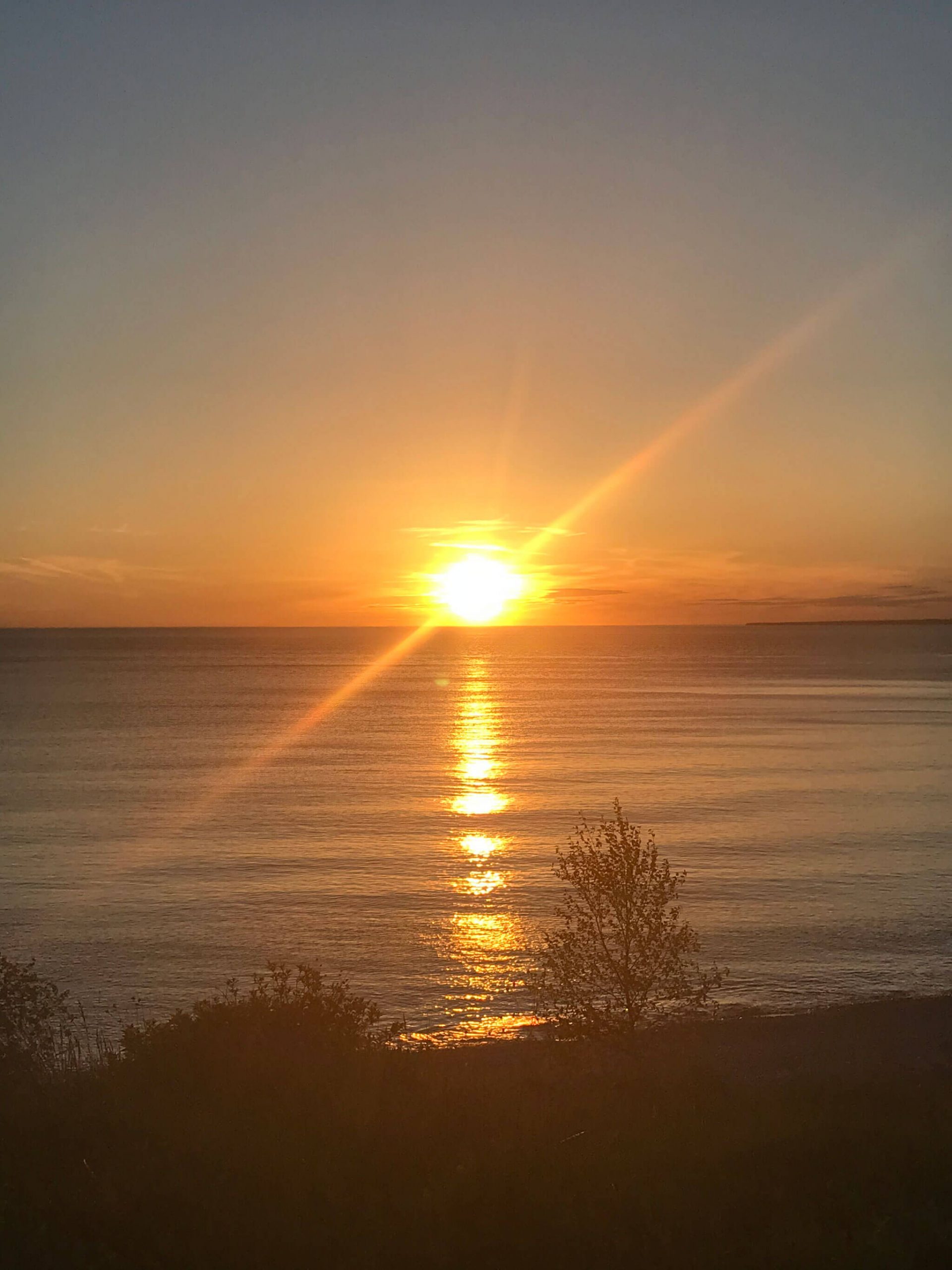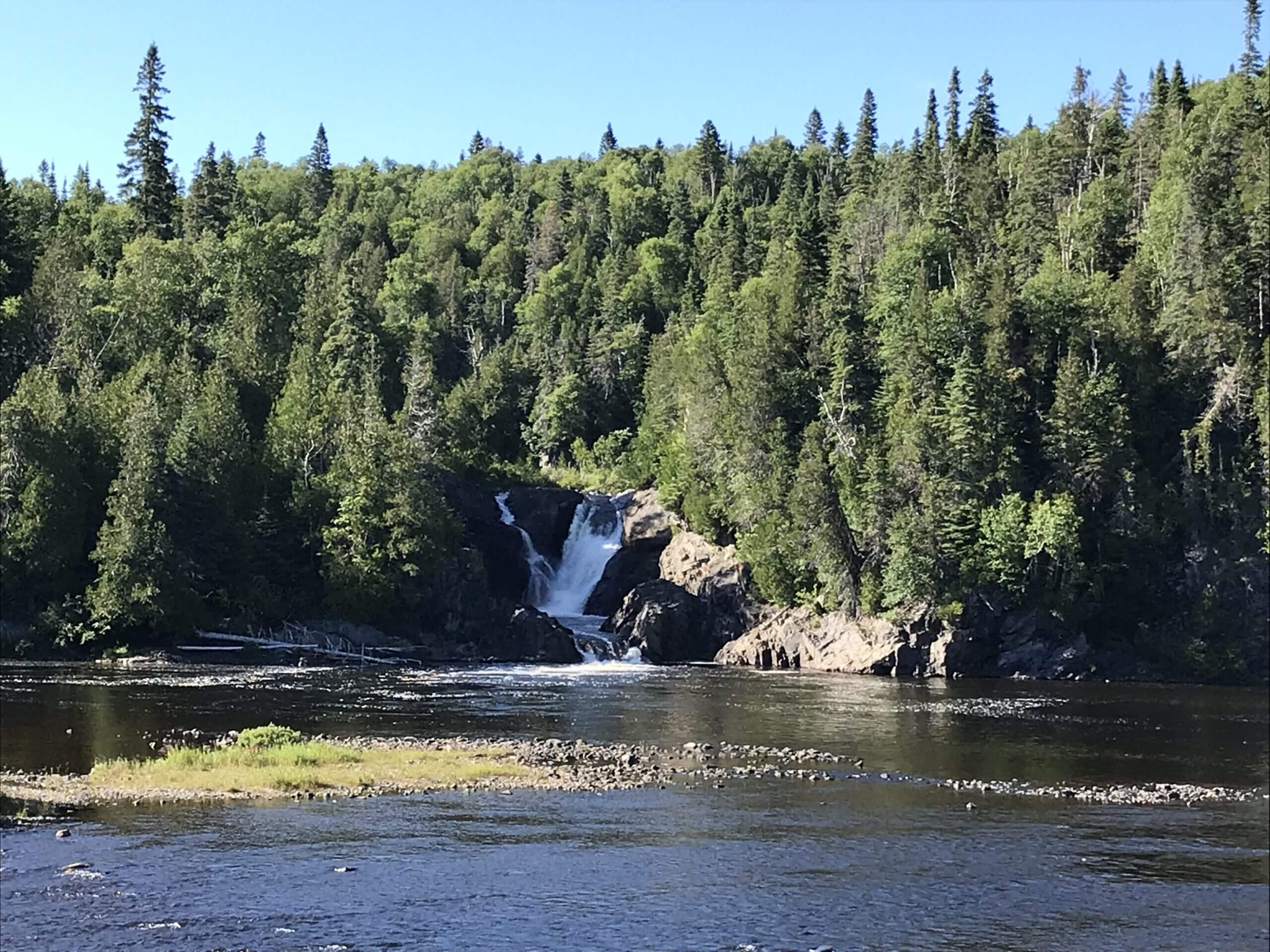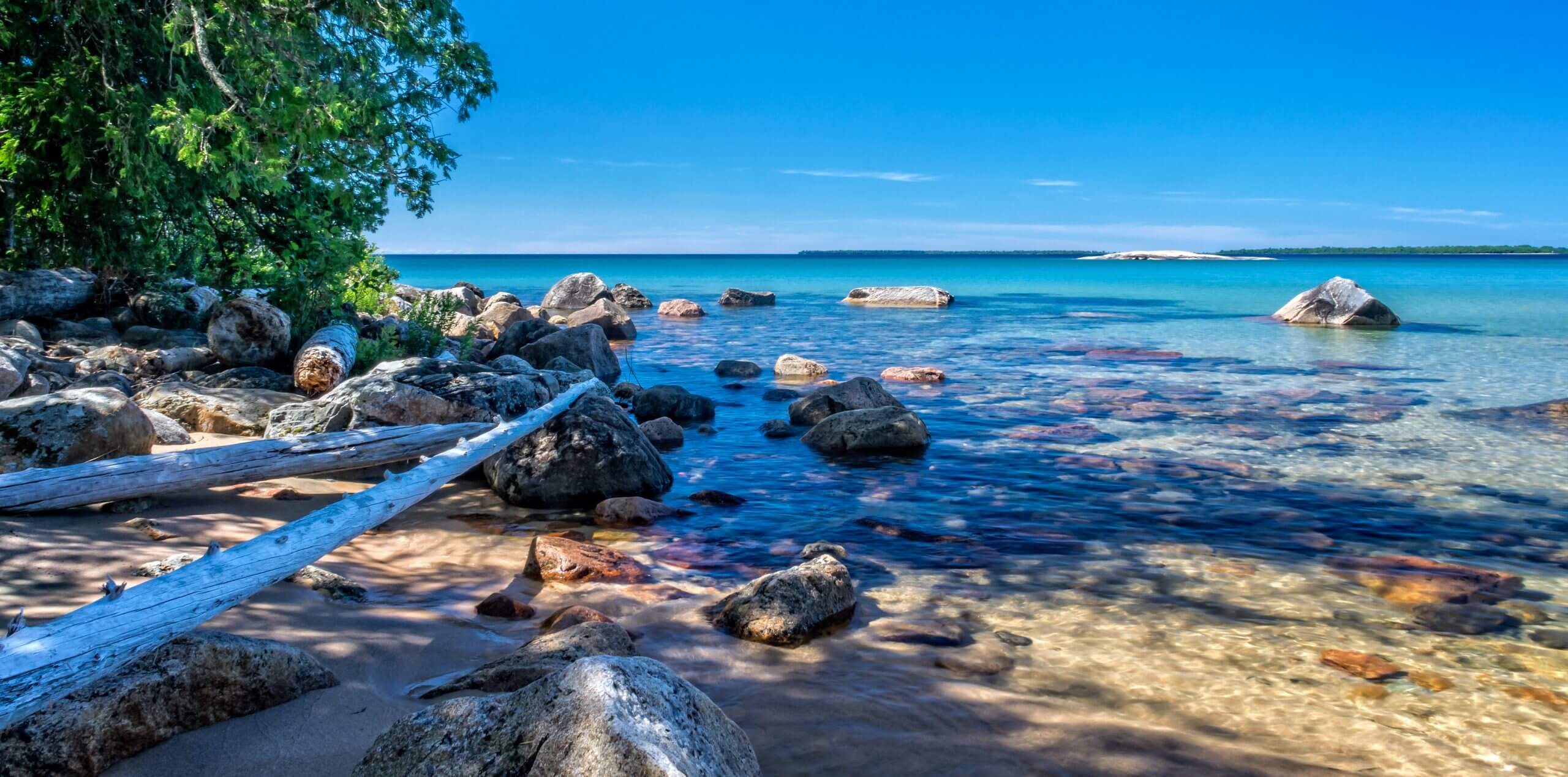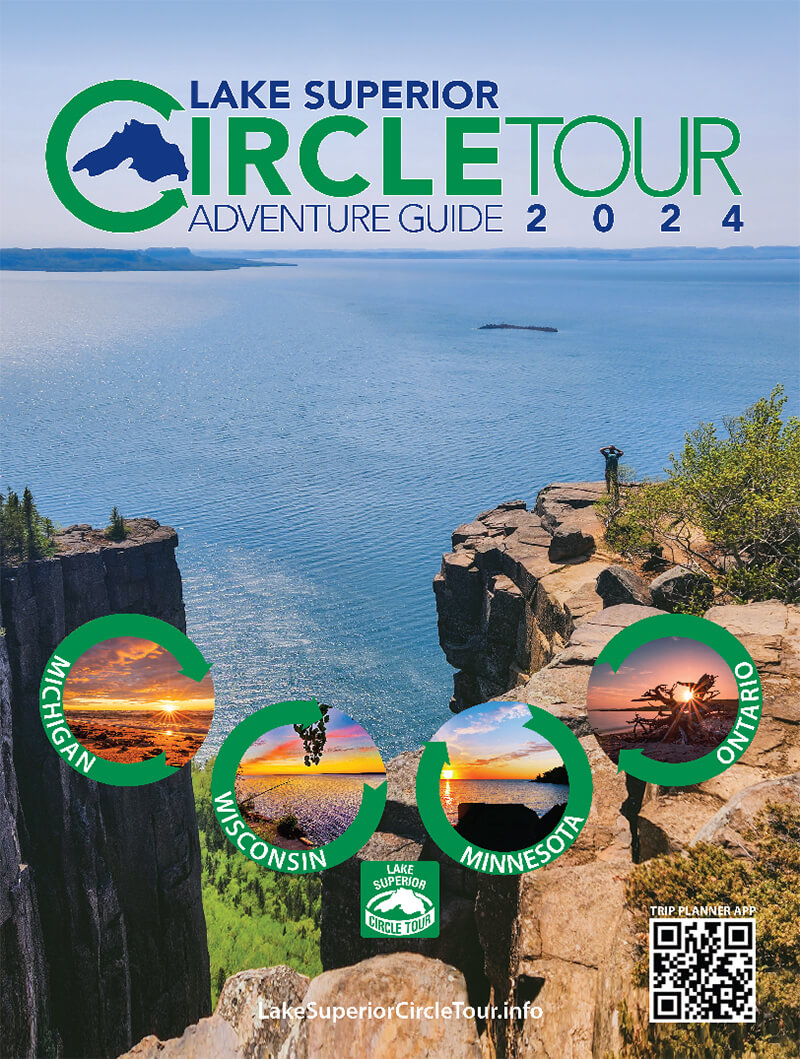Lake Superior Provincial Park located near Wawa in Ontario’s Algoma District was originally established as of 1944. The park is set in 994 square miles (1,600 sq km) of northern Ontario wilderness on the edge of Lake Superior. The park is extremely rugged – a vast wilderness on the edge of forested hills, crystal clear lakes, tumbling streams and a rocky coastline. The recreational and cultural opportunities reflect this scene, from the pictographs at Agawa Rock and the waterfalls at Sand River to the 200 meter cliffs at Old Women Bay. The scenic Trans Canada Highway cuts through the middle of the park for 52 miles (83 km) providing access to miles of hiking trails, canoe routes and scenery.
This Provincial Park is a designated Dark Sky Preserve certified by the Royal Astronomical Society of Canada. It is the ideal place for night sky star gazing.
Quetico Provincial Park is another park on the Lake Superior Circle Tour that has also received special night sky certification.
There are two campgrounds in the park: Agawa Bay Campground is located on Lake Superior; Rabbit Blanket Lake is situated on an inland land. There are 147 campsites. Facilities include: boat launches, comfort stations, dog beaches, canoe rentals and toilets. The office is open from 9am to 5pm (8pm in the summer) from May 18 until October 7th. For additional information or to make reservations call 705-882-2026 or 705-856-2284.
-
All visitors in Lake Superior Provincial Park must purchase a day use permit. Full day permits are $15.50 and visitors can purchase them at the Agawa Bay Visitor Centre, Gatehouse, or the Park Office.
-
Parking on the side of the highway is prohibited. Visitors must park at the Katherine Cove or Sand River parking lots.
-
All visitors must respect and maintain the ecological integrity of the location. This means staying on marked trails and off of dunes and dune grasses.
-
Visitors must practice backcountry etiquette by packing out whatever they bring in, including used toilet paper/tissues, and leaving no trace.
-
Visitors must adhere to park rules regarding camping, cans, bottles, and fires, which are all prohibited.

















































































